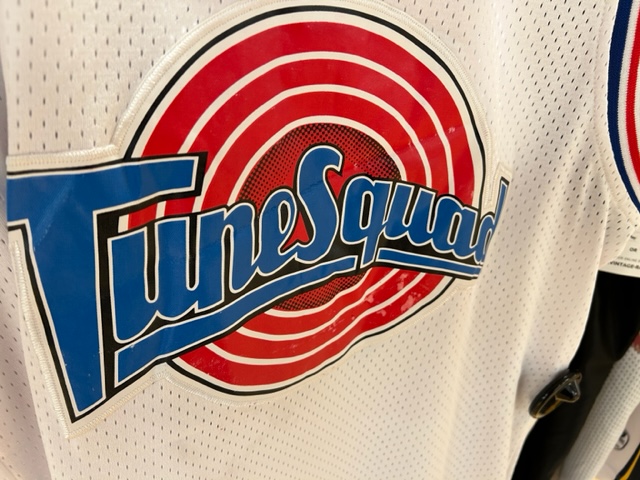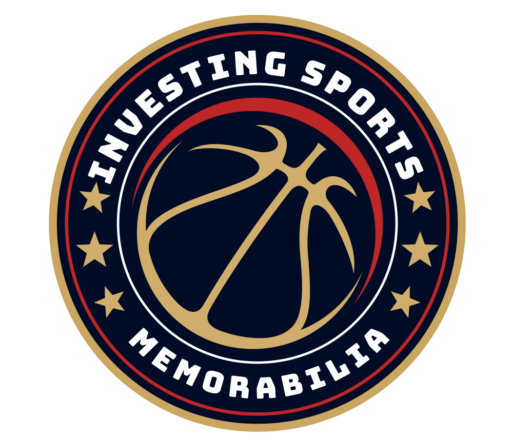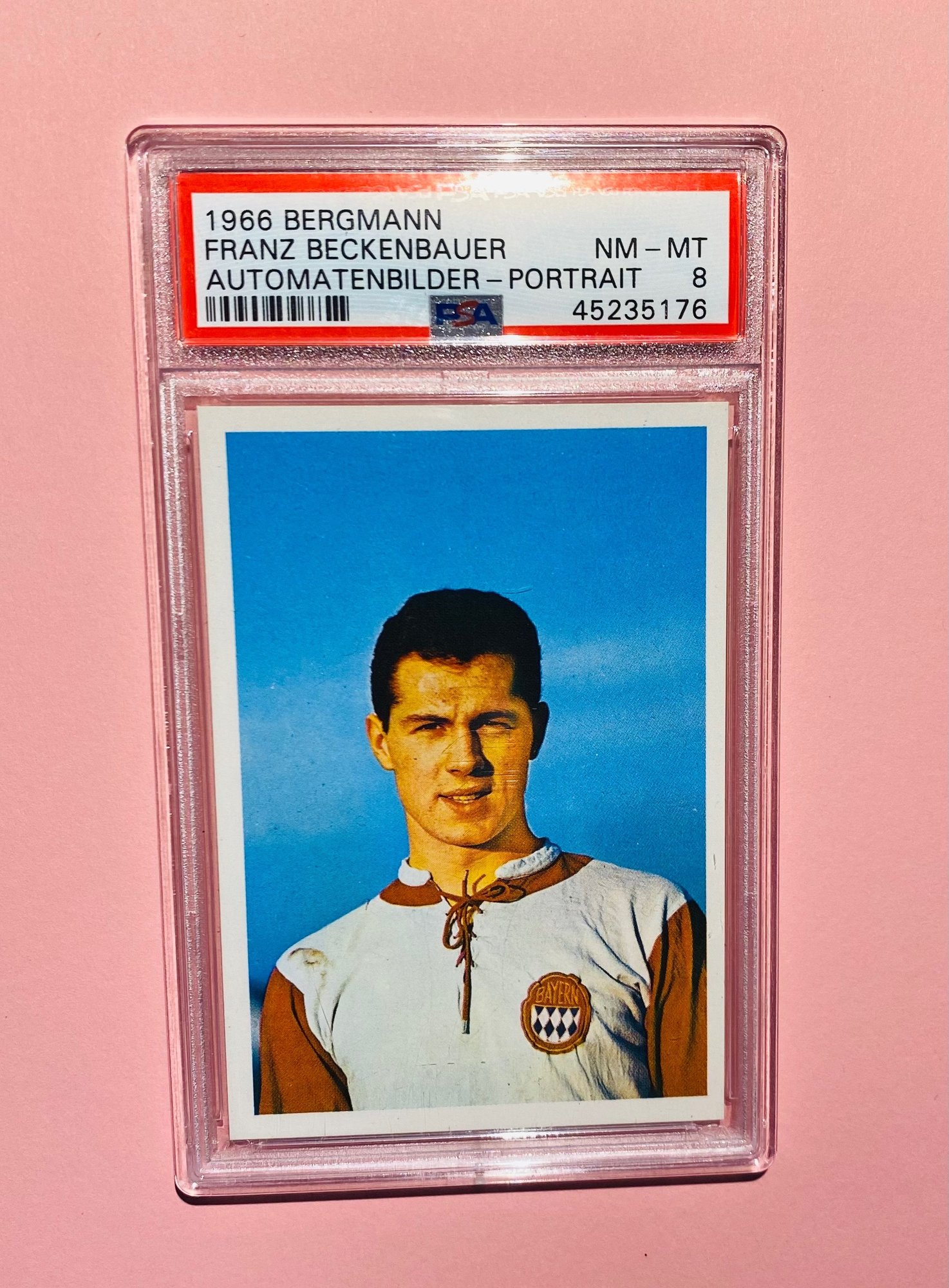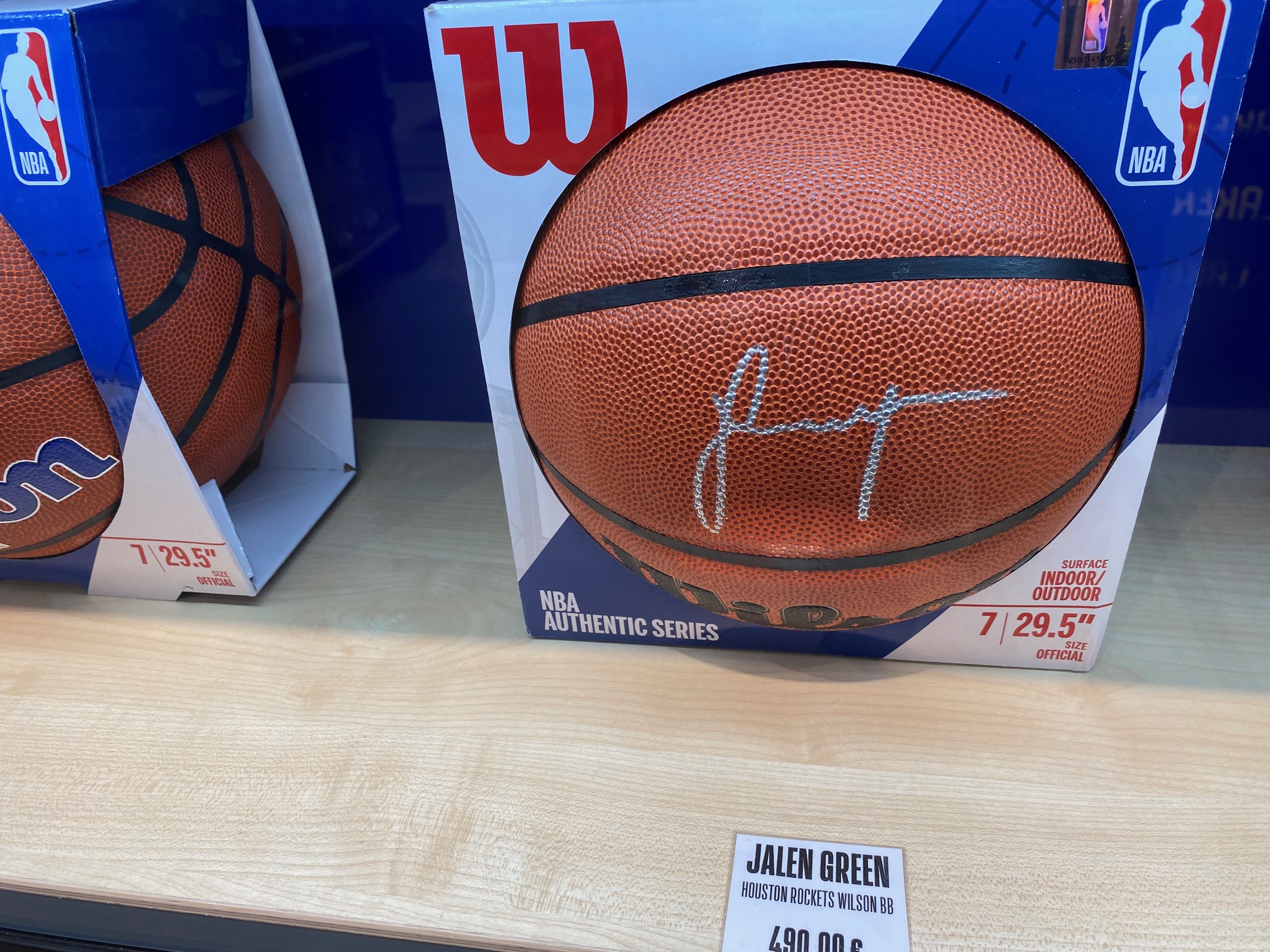
Can Sports Memorabilia Be A Lucrative Investment?
If you’re a dedicated sports enthusiast, you might already be aware that collecting sports memorabilia, including trading cards, autographed jerseys, and game-used items, can be a thrilling and engaging pastime. But did you realize that there are around 200 million collectors globally who collectively spend billions of dollars on rare sports memorabilia?
Indeed, collecting rare sports memorabilia forms a multi-billion-dollar industry that shows no signs of slowing down. In case you find that hard to believe, here are some noteworthy examples:
- Baseball memorabilia is highly sought-after among collectors, with specific relics like Babe Ruth’s 1919 New York Yankees signed contract being particularly coveted. Babe Ruth, an iconic figure in American sports history, made a significant impact during his first season with the Yankees in 1920, hitting 54 home runs. Notably, his signed contract was auctioned at Sotheby’s in 2005, fetching an impressive $996,000.
- Muhammad Ali’s boxing gloves from his 1965 match against Floyd Patterson are also revered pieces of sports history. These gloves, which Ali used during the match where he won by technical knockout in the 12th round, were sold for a staggering $1.1 million in 2021.
- Beyond legendary athletes, an NBA rookie basketball card made waves on the internet when it sold for $4.6 million in March 2021. This trading card, a 2018-19 National Treasures Luka Doncic Auto Logoman 1/1, featured Doncic’s signature alongside an embedded jersey patch. Notably, this card is one-of-a-kind.
In short, there’s potential for profit in the acquisition and sale of rare sports collectibles. However, before diving into investing in sports memorabilia, there are important considerations to keep in mind.
Navigating the World of Sports Memorabilia Investment:
Choosing the Right Collectible:
To understand how these items appreciate in value over time, it’s essential to recognize the principle of supply and demand. As people seek collectibles associated with their favorite sports teams, athletes, or games, the demand for limited-supply items skyrockets.
If you’re contemplating investing in sports memorabilia, it’s advisable to focus on a specific category. Many successful dealers specialize in one area, becoming known as experts in that niche. This approach also minimizes competition, which can be intense given the substantial sums involved in this industry.
Exploring Investment Options:
The array of investment options is vast. Trading cards, for instance, constitute a highly popular and profitable niche within sports collectibles. Additionally, autographed game-worn jerseys, such as those from athletes like Thiago de Mattos, can be appealing prospects.
Choosing Reputable Dealers:
A major challenge in starting a sports memorabilia venture is finding reliable suppliers. The combination of high demand and limited supply makes this industry immensely profitable, but it also gives rise to counterfeit items. Consequently, exercising caution when sourcing inventory is paramount.
When engaging with dealers, ensure they can provide necessary documentation about their business and the items they offer. Certificates of authenticity are crucial indicators of legitimacy.
Equally essential is educating yourself about spotting fake sports memorabilia. Online guides and dedicated forums can aid in developing this discerning skill.
Understanding Item Valuation:
The value of each collection hinges on factors such as rarity, age, condition, and perceived worth. Thorough research is crucial before making a purchase for investment purposes. For those eyeing sports memorabilia as an investment, accurate pricing knowledge is indispensable. Consider the potential for profit and the item’s likelihood of appreciating over time.
Preserving Your Collection:
Lastly, maintaining collectibles in a suitable environment is paramount for preserving their condition and value. Some items may date back to the 1900s, meaning their materials might not be as robust as contemporary counterparts. Damage to these delicate materials could significantly reduce the overall value of sports memorabilia.
Starting out doesn’t require renting commercial storage space. Instead, allocate a clean area within your home, free from dust, extreme temperatures, sunlight, and moisture.
Collecting sports memorabilia can be both an exhilarating hobby and a lucrative business venture. Following these insights can provide a strong foundation for those considering investing in the captivating world of sports memorabilia.
Jasper Krulick
I have been collecting memorabilia for half of my life. I started very small with a few trading cards and since then I am more and more interested in the subject. I read a lot in Facebook groups, collect especially Jordan memorabilia. I'm happy if you like my content.
You May Also Like

Exploring 49ers Signed Memorabilia with Price Tags
April 17, 2023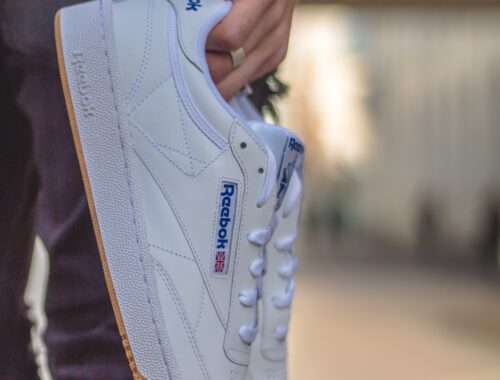
Reebok Club C 85 Vintage: Prices That Take You Back in Time
February 9, 2024